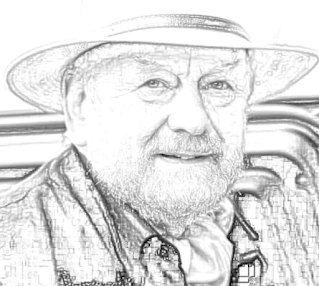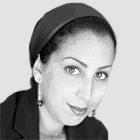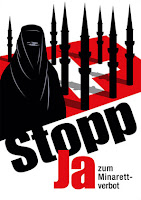The "angry Muslim": a history of misrecognition

Danish artist Kurt Westergaard died at the age of 86 on 14 July 2021. The illustrator was the creator of one of the twelve drawings published by Denmark's largest daily conservative newspaper Jyllands-Posten on 30 September 2005, in an article entitled Muhammeds ansigt (The face of Muhammad). Flemming Rose, the culture editor of the daily had written about the project commissioned by him and which Kurt Westergaard was part of : Modern, secular society is rejected by some Muslims. They demand a special position, insisting on special consideration of their own religious feelings. It is incompatible with contemporary democracy and freedom of speech, where one must be ready to put up with insults, mockery and ridicule. It is certainly not always attractive and nice to look at, and it does not mean that religious feelings should be made fun of at any price, but that is of minor importance in the present context. ... we are on ...







